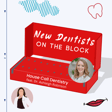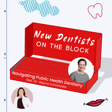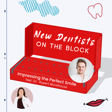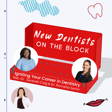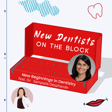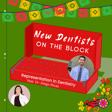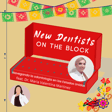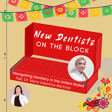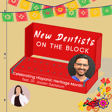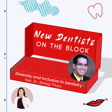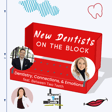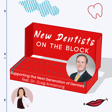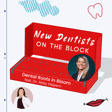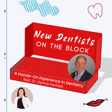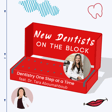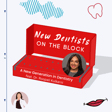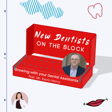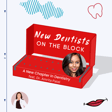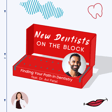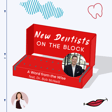
First Generation: From DACA to Dentist w/ Dr. Eddie Ramirez
Dr. Eddie Ramirez, a DACA recipient and dentist, shares his journey from being undocumented to becoming the first practicing DACA dentist in Oregon. He discusses the challenges he faced in dental school, the uncertainty of his legal status, and the importance of advocating for undocumented students. Eddie emphasizes the need for awareness and support for DACA recipients and encourages others to educate themselves and share the truth about the immigration system. He also highlights the significance of celebrating Latino culture and embracing diversity in America. Connect with Eddie on social media at dental_eddie and reach out to him for support and guidance. Follow Pre Health Dreamers on Instagram for resources and community for undocumented students pursuing healthcare professions.
**Key Takeaways:**
- Eddie Ramirez was the first undocumented DACA student to be accepted into the dental program at Oregon Health and Science University.
- He faced numerous challenges in applying to dental school, including being discouraged by his pre-dental advisor.
- Eddie worked multiple jobs throughout dental school to support himself financially.
He is now an advocate for undocumented students and works to support them in pursuing their dreams of becoming healthcare professionals.
- Eddie emphasizes the need for comprehensive immigration reform and a pathway to citizenship for undocumented individuals.
Connect with Eddie Ramirez on IG: @dental_eddie
Connect with New Dentists on the Block: @newdentistsontheblock
Connect with Tanya Sue Maestas: @tsmaestas.dds
Full video on Youtube
